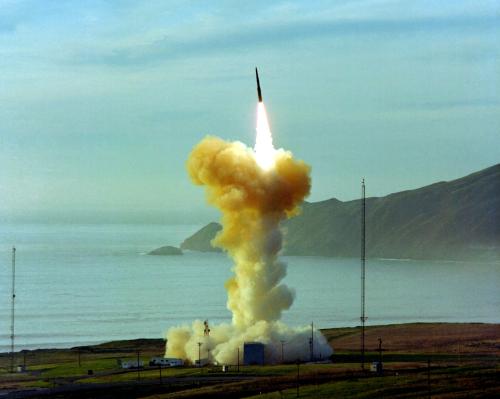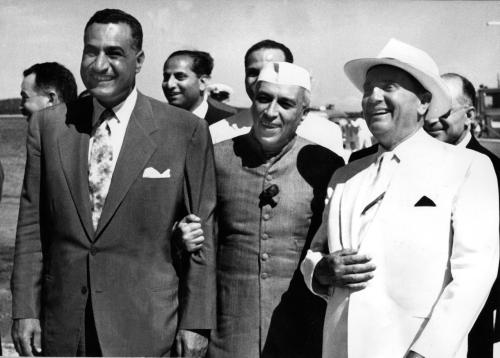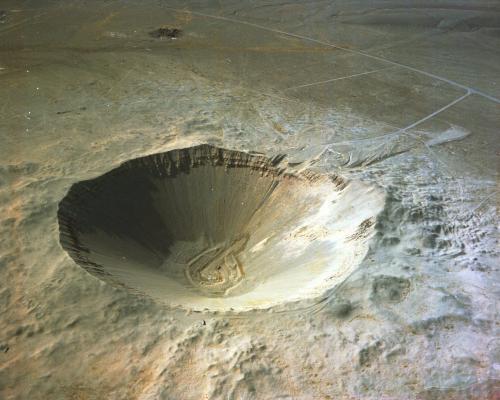GWEN IFILL, host: For more, we turn now to two experts who have been tracking this issue for some time. David Kay led the U.S. hunt to find Iraq’s weapons of mass destruction. During the early 1990s, he was a nuclear weapons inspector for the International Atomic Energy Agency. He’s now a senior research fellow at the Potomac Institute for Policy Studies, a nonprofit think-tank.
And Peter Rodman until last year served as assistant secretary of defense for international security affairs. He’s now a senior fellow at the Brookings Institution.
Welcome to you both.
David Kay, we just heard Stephen Hadley say, on balance, this is good news what we’re learning about in this new report. What do you say?
DAVID KAY, Potomac Institute for Policy Studies: Well, I think it is good news and totally unexpected, apparently, from the administration. Look, Iran stopped, if you believe this report, its nuclear weapons program in 2003.
But the really good news is the conclusion they did it because it was concerned about the level of international scrutiny and potential impact of sanctions. So it shows that, look, Iran does respond to pressure. And I think that is extraordinarily good news for those of us, and I think it’s almost everyone who would prefer a world in which Iran did not have nuclear weapons.
GWEN IFILL: What do you say, Peter Rodman?
PETER RODMAN, The Brookings Institution: I agree completely with David. There’s a debate going on right now inside Iran, precisely because of the new pressures — economic sanctions — even some of the war talk, I think, has had a constructive purpose by stimulating some debate in Iran about, should they continue with enrichment, which they seem determined to do?
But I think the report — and it’s explicitly made in this intelligence report — that Iran is susceptible to international pressures. And I think the administration is right to want to maintain the momentum of the current diplomacy.
The Brookings Institution is committed to quality, independence, and impact.
We are supported by a diverse array of funders. In line with our values and policies, each Brookings publication represents the sole views of its author(s).



Commentary
Report Finds Iran Halted Nuclear Arms Program in 2003
December 3, 2007